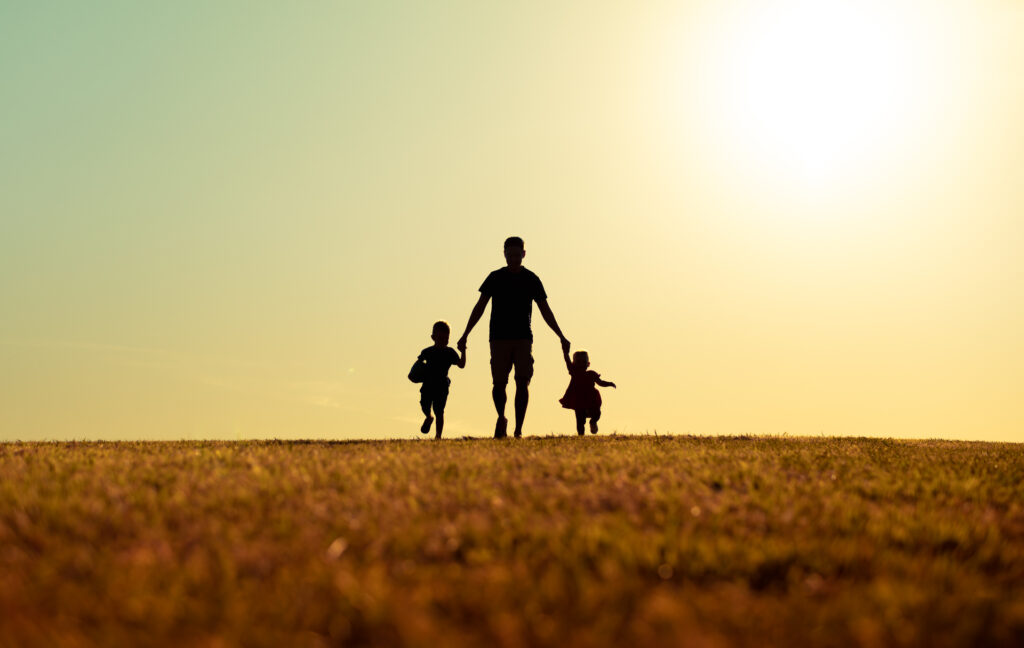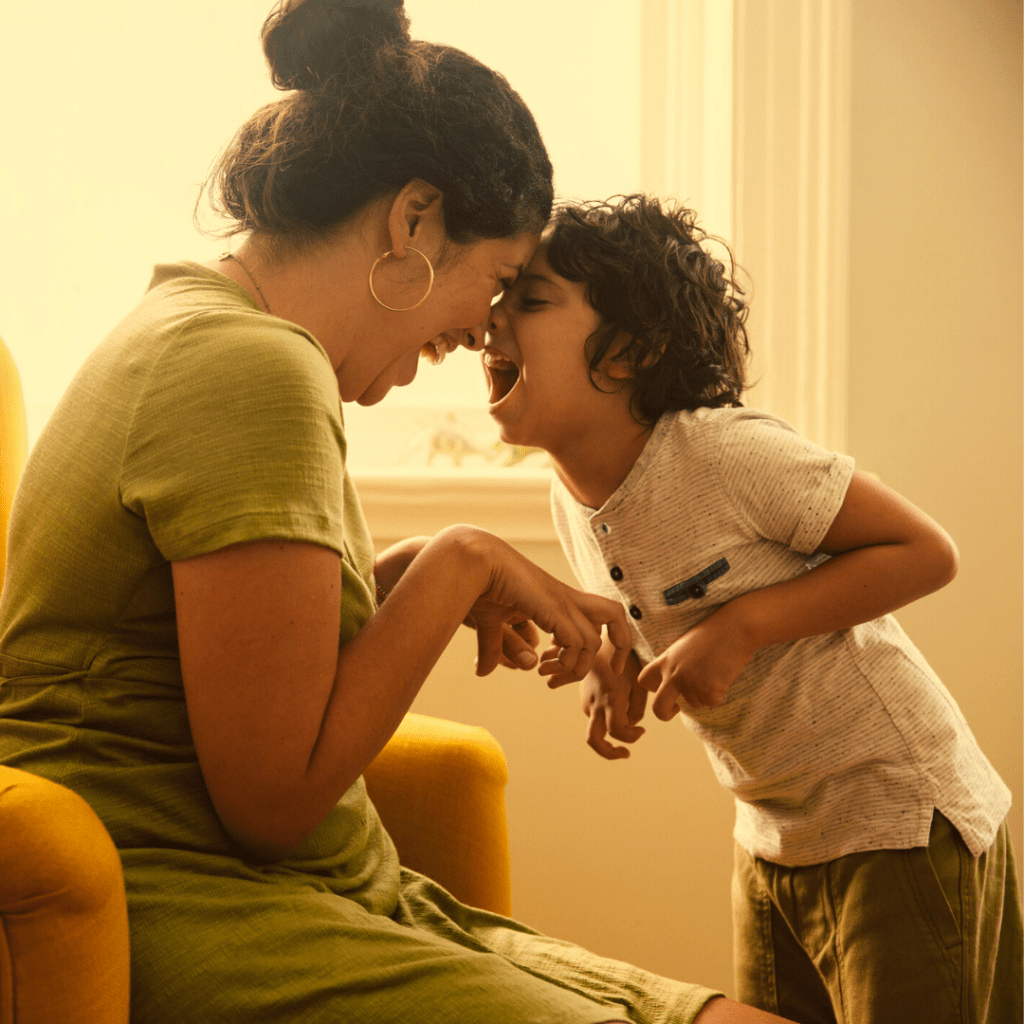
Do you struggle with reacting negatively to your child’s misbehavior, even when you know it’s not the most effective approach? It’s a common challenge for parents, but there’s good news. By practicing mindfulness, you can reprogram your brain and break the habit loop of negative reactions. In turn, you’ll become a more effective and happier parent. So next time you feel yourself getting caught up in negative emotions, take a deep breath and practice mindfulness.
Benefits of Teaching Children Mindfulness: A Guide for Parents
A recent study by the University of Washington found that teaching mindfulness to both parents and children can have remarkable benefits. Parents who practice mindfulness are better equipped to control their emotions, leading to more consistent parenting, positive reinforcement for their children, and modeling good self-regulation.

Additionally, children who practice mindfulness show improvements in social skills and a decrease in negative behaviors. The study suggests that practicing mindfulness involves staying calm, seeing situations from multiple perspectives, and responding intentionally.
The University of Washington created a parenting program that teaches these strategies to parents and supports their childrens’ development.
“Our goal was to support parents engaging in practices that we know build up their children’s social and emotional well-being. And in a pretty brief program, parents showed improvement in their own feelings of emotional control and demonstrated more of those parenting behaviors that support children” said Dr. Liliana Lengua, Director of the Center for Child and Family Well-Being at UW. Lengua also states, “our data show that when parents improve, kids improve.”
Over six weeks, researchers guided parents through a series of lessons on mindfulness and parenting strategies:
- being present: noticing, listening, and engaging with what’s happening right now;
- being warm: paying attention to the child’s emotions and giving the child opportunities to initiate interactions;
- being consistent: setting limits and developmentally appropriate expectations, praising the good things they do;
- and guiding without directing (otherwise known as “scaffolding”)—offering help when needed but encouraging independence and commenting on a child’s accomplishments.
In addition to lessons geared toward parents as a group, researchers observed parents interacting with their children. The parents were surveyed before the program started, at its end, and three months post-completion about their childrens’ and their own behavior.
The University of Washington’s study found that teaching mindfulness to parents and children can have significant positive effects. Parents who practice mindfulness are better equipped to manage their emotions, leading to more consistent parenting and positive reinforcement for their children.
Also, children who practice mindfulness show improvements in social skills and decreased negative behaviors. The study’s ability to provide mindfulness lessons in existing early learning settings shows potential to reach people from diverse backgrounds and equip them with positive parenting tools.

While “mindful parenting” has become a buzzword, it simply involves recognizing your child’s unique experience and being attentive and intentional in the moment, according to Dr. Lengua. These strategies are seen as skills that can be taught and used for any purpose throughout our lives.
Research shows that young adults who were raised by parents who supported their expression of emotions tend to be more emotionally healthy and report lower levels of depression and anxiety.
According to a study led by Laura G. McKee, an assistant professor of positive psychology at Georgia State, says that parents who respond to their children’s emotions in supportive ways, suggesting acceptance, and non-judgment, tend to raise children who are more accepting and non-judgmental of their own experiences. The study found that those raised by emotionally intelligent parents who encouraged them to share their feelings had better coping skills.
Practicing mindfulness is an active, moving meditation—like a sacred dance. The practice of mindfulness offers a lifetime skill that can help increase resiliency, support us to better meet life on life’s messy terms with less reactivity, experience more presence in the moment, and on the journey in pursuit of happiness.
Related articles:
Intentional Parenting: Teaching Happiness through Mindfulness
Lisa Cypers Kamen is a lifestyle management consultant who explores the art and science of happiness in her work as a speaker, author, and happiness expert. Through her globally syndicated positive psychology podcast, books, media appearances, and documentary film, Kamen has impacted millions of people around the world.
About The Author
learn more
browse services
CONTACT
OFFERINGS
ABOUT
NONPROFIT
PODCAST
Explore
Resources
SERVICES
SHOP
BLOG
PRIVACY POLICY
Our communications do not constitute mental health treatment nor is it indicative of a private therapeutic relationship.
Individuals seeking help for trauma related issues or other psychological concerns should seek out a mental health professional.
© 2010-2025 Harvesting Happiness
Website Design by Nadia Mousa